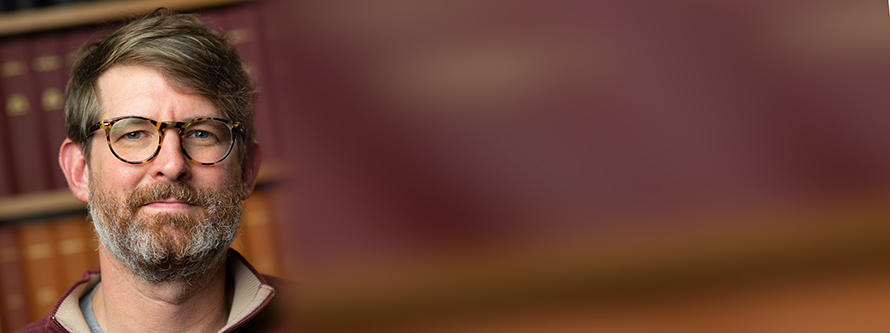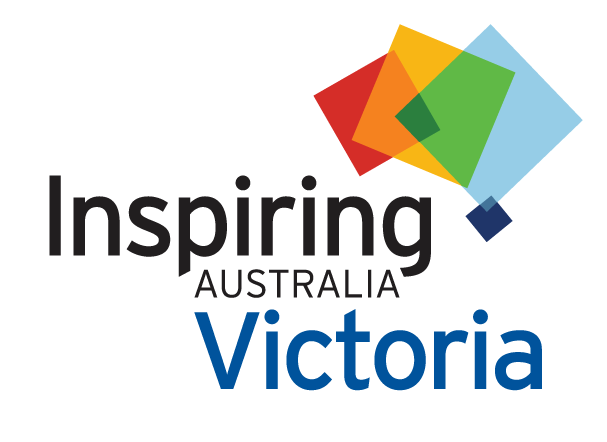
- This event has passed.
Towards an Electronic Prescription? The 2019 Graeme Clark Oration
22 July 2019 @ 6:15 pm – 7:30 pm
Free
Speaker: Professor Timothy Denison
Royal Academy of Engineering Chair in Emerging Technologies
Department of Engineering Science, Nuffield Department of Clinical Neuroscience, MRC Brain Network Dynamics Unit
Oxford University
Professor Timothy Denison presents the opportunities and challenges for interfacing electrical and biological circuits for the treatment of disease.
When treating diseases of the nervous system, doctors have generally relied on drug discoveries. But uncovering new pharmaceutical treatments can be a risky and lengthy process, and diseases of the central nervous system have proven especially challenging. With the significant personal and societal costs incurred by these disorders, there is an imperative to explore alternative approaches to treatment.
Bioelectronics is the concept of interfacing directly with the body’s own nervous system to monitor physiological signals and, as needed, modulate the electrical activity within the nervous system to alleviate symptoms of diseases. The first generation of bioelectronic systems are now treating a number of disorders, with perhaps the most familiar being cardiac pacemakers that aim to maintain a healthy heart rhythm. Pacing systems are deployed in hundreds of thousands of patients today, and reinforce the potential for bioelectronic medicine to restore health.
Expanding bioelectronics to neurological disorders like epilepsy, chronic pain and dementia is an exciting but challenging opportunity. Despite the clinical success in treating symptoms of diseases like Parkinson’s, existing bioelectronic systems have several attributes that currently limit their adoption. For example, currently a skilled neurosurgeon is required to place the implant, and the device’s output is relatively inflexible in contrast to the rapidly changing and reactive activity of the nervous system. Resolving these issues requires the complementary pursuit of technological innovation and scientific discovery.
For technology, the microelectronics-enabled flexibility of bioelectronic systems creates opportunities for both research and medical device design. Digital technology is adaptable for addressing various diseases, as well as for fine-tuning to patient-specific needs. In the future, sensor- and algorithm-enabled systems might rapidly respond to physiological fluctuations within the body, allowing the possibility of building restorative prosthetics that serve as a surrogate nervous system. In addition, the algorithms used to operate the bioelectronics can “evolve” with our scientific understanding of the nervous system. But to fully realize this potential, we first need a better understanding of how the nervous system functions and responds to therapeutic interventions.
To this end, bioelectronic platforms are also being used as a unique window into the brain. This window allows access for gathering data on how the nervous system functions, and then goes awry due to disease. Clinician-researchers can then characterize the response of the nervous system to drugs and stimulation to better understand how more “neurotypical” function might be restored.
The flexibility of bioelectronics allows for a breadth of therapies to be explored with these scientific toolkits. High-impact, problematic clinical needs are currently being explored in human volunteers, including postural instability in Parkinson’s disease, seizure prediction and prevention in epilepsy, and emotional and sensory processing in chronic pain and depression. The breadth of these studies reflects the diversity of challenges created by neurological disorders, but also the hope that bioelectronic systems can help address them.
About the Speaker:

Professor Timothy Denison holds a join appointment in Engineering Science and Clinical Neurosciences at Oxford, where he explores the fundamentals of physiologic closed-loop systems in collaboration with the Medical Research Council Brain Network Dynamics Unit.
Prior to that, Tim was a Technical Fellow at Medtronic PLC and Vice President of Research & Core Technology for the Restorative Therapies Group, where he helped oversee the design of next generation neural interface and algorithm technologies for the treatment of chronic neurological disease. In 2012, he was awarded membership to the Bakken Society, Medtronic’s highest technical and scientific honor, and in 2014 he was awarded the Wallin leadership award, becoming only the second person in Medtronic history to receive both awards. In 2015, he was elected to the College of Fellows for the American Institute of Medical and Biological Engineering (AIMBE). Tim received an A.B. in Physics from The University of Chicago, and an M.S. and Ph.D. in Electrical Engineering from MIT. He recently completed his MBA and was named a Wallman Scholar at The University of Chicago.
*The 2019 Graeme Clark Oration will be video recorded and available for viewing on the Internet. Photos will also be taken and used on web publications and in print publications or in promotional activities. If you do not wish to be filmed or photographed, please tell our staff members on the day.
A joint initiative of the Convergence Science Network and the University of Melbourne.

